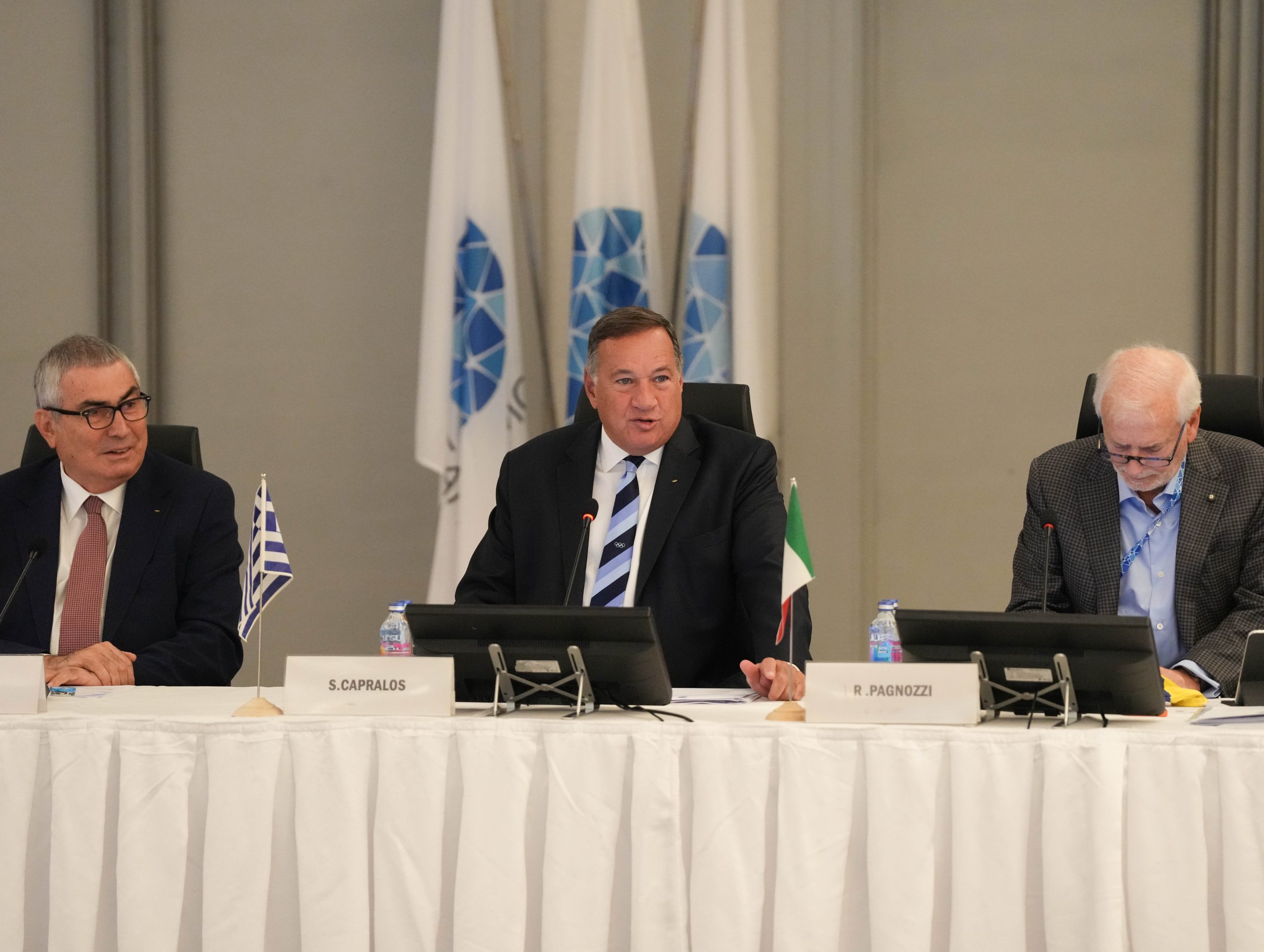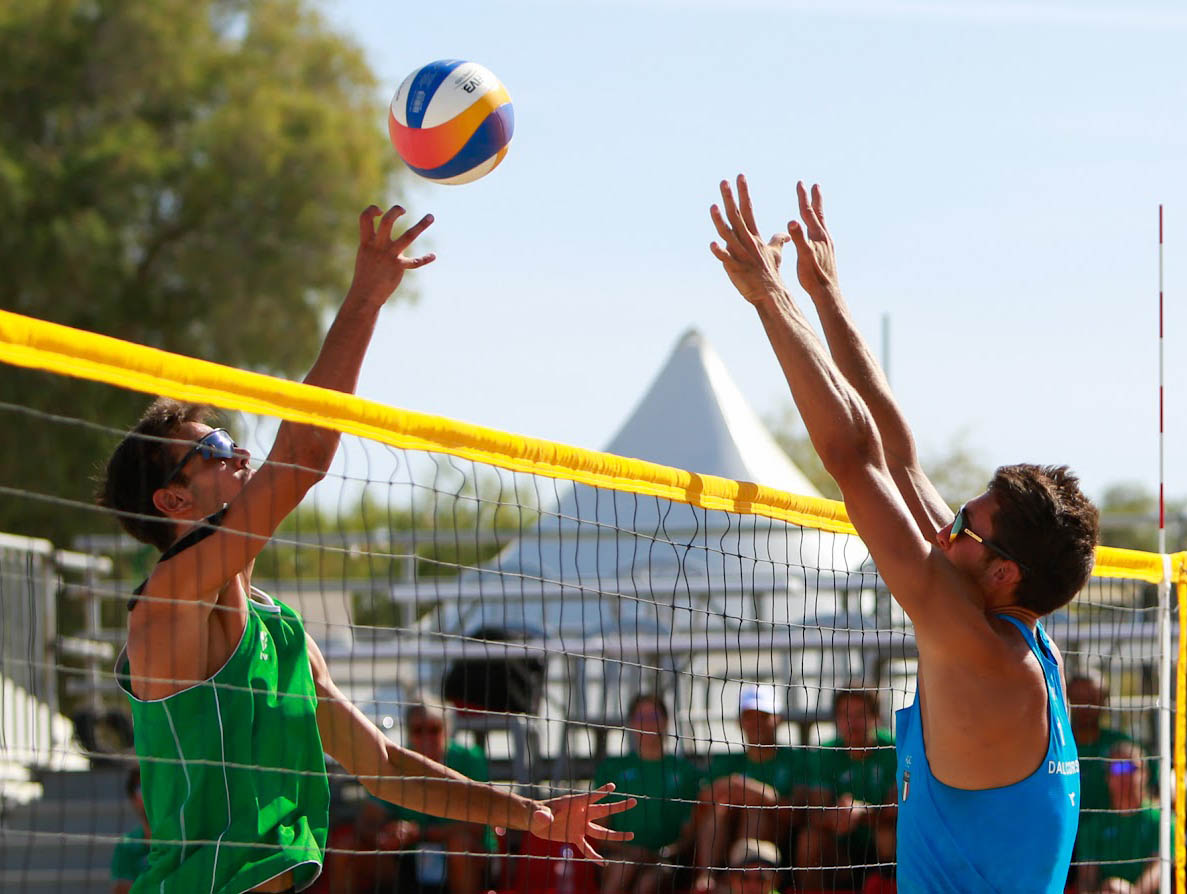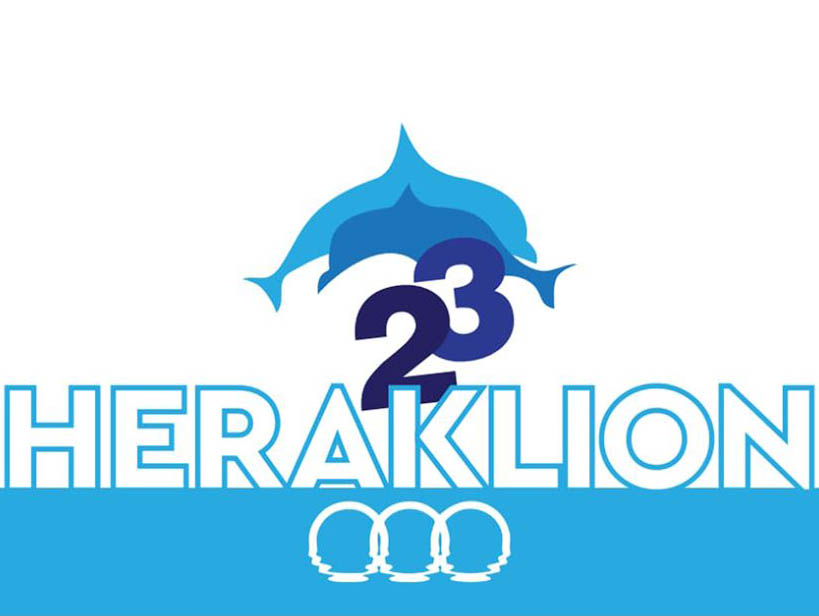1. Regional policy reform after 2006
On 18th February the European Commission adopted the third Report on Economic and Social Cohesion by making concrete proposals for a reform of regional policy after 2006.
A transitional arrangement will apply to the new Member States from when they join on 1st May this year until the current assistance period expires in 2006. While the PHARE programme (strengthening of economic and social cohesion) will continue to run for a further three years, the SAPARD (agriculture and rural development) and ISPA programmes (transport and environmental projects) come to an end with the accession of the new members. Some 22 billion (22 000 million) EUR will be released from the Structural Fund for the accession countries between 2004 and 2006.
As per the Commissions proposal, only three financial instruments (European Regional Development Fund ERDF, European Social Fund ESF and the Cohesion Fund) will be used in the cohesion policy from 2006. The previous aims and Community initiatives are to be combined into three priorities.
2. Olympic Games: importing horses from third countries
In order to prevent the spread of equine viral arteritis (erysipelas or red murrain epidemic), the temporary admission of registered horses into the EU was laid down in Commission decision 92/260 EEC. This is amended by decision 93/197 EEC on the documentation required for importing horses.
On 20th February 2004 the European Commission published a decision with a view to the Olympic and Paralymic Games in Athens. According to this decision, stallions that have not been gelded may be imported into the EU for the purpose of taking part in the competitions even if the health guarantee relating to equine viral arteritis cannot be produced in accordance with decision 92/260 EEC. In that case, however, the health certificate must contain a reference to the fact that the animal will be taking part in the Games. It must also state the export date immediately following the equestrian sports events. It must, in addition, contain the assurance that the animals will not be put to stud or used for insemination while they are in the European Union. Once imported into Greece, the horses are subject to veterinary observation by the Greek authorities. In the case of the Olympic Games, they will also be monitored by the International Equestrian Federation (FEI).
3. Action programme to promote active citizenship
The new Community action programme to promote active European citizenship (civil participation) was decided on by the Council early this year and came into force retrospectively on 1st January 2004. The previous town-twinning programme is being incorporated into this action programme, which henceforth provides for three actions.
Actions 1 and 2 assist with the overheads of non-profit-making institutions operating at European level and pursuing goals within the framework of the programme. Action 3 supports town-twinning projects initiated by local authority districts, municipal and regional administrative bodies, authorities and their associations. For this, the programme provides 40% of the available annual budget. Especially in the European Year of Education through Sport 2004, sporting events are eligible for assistance, provided they form part of an educational programme relating to a topical European theme. The next submission deadline for applications is 2nd April for initiatives that begin between 1st August and 30th September.

















